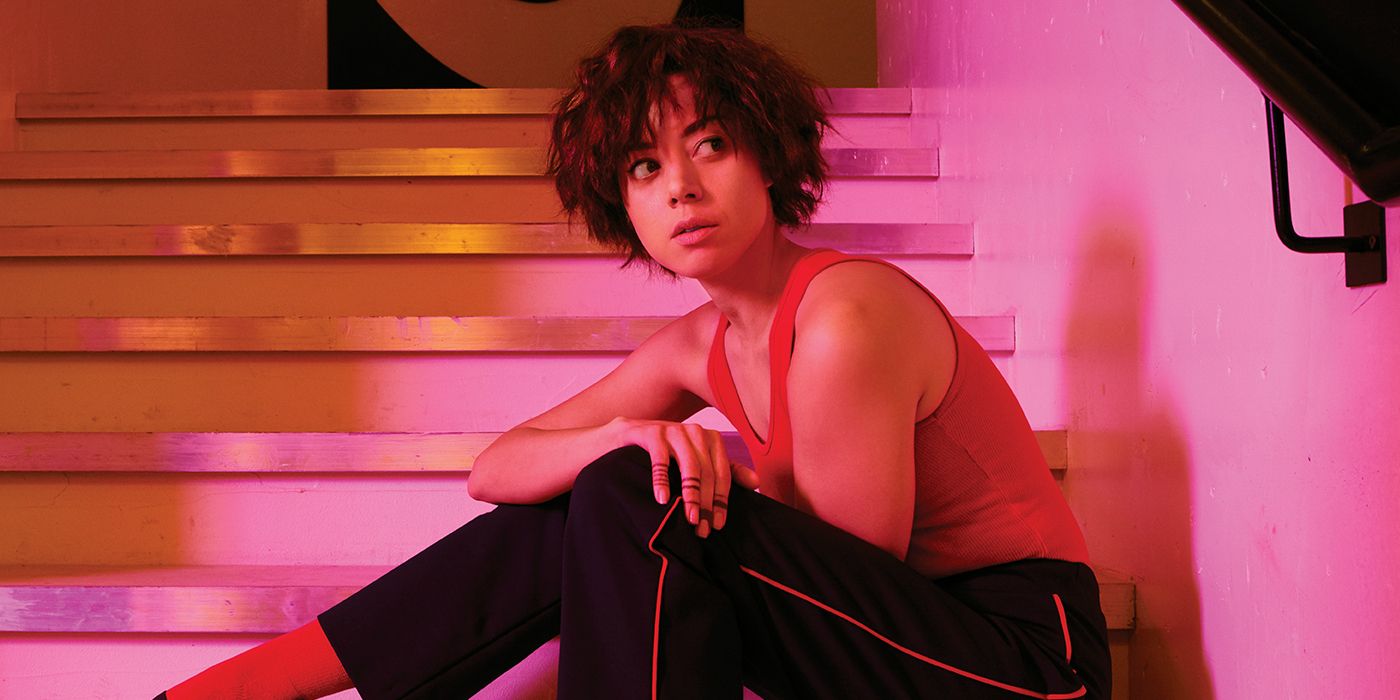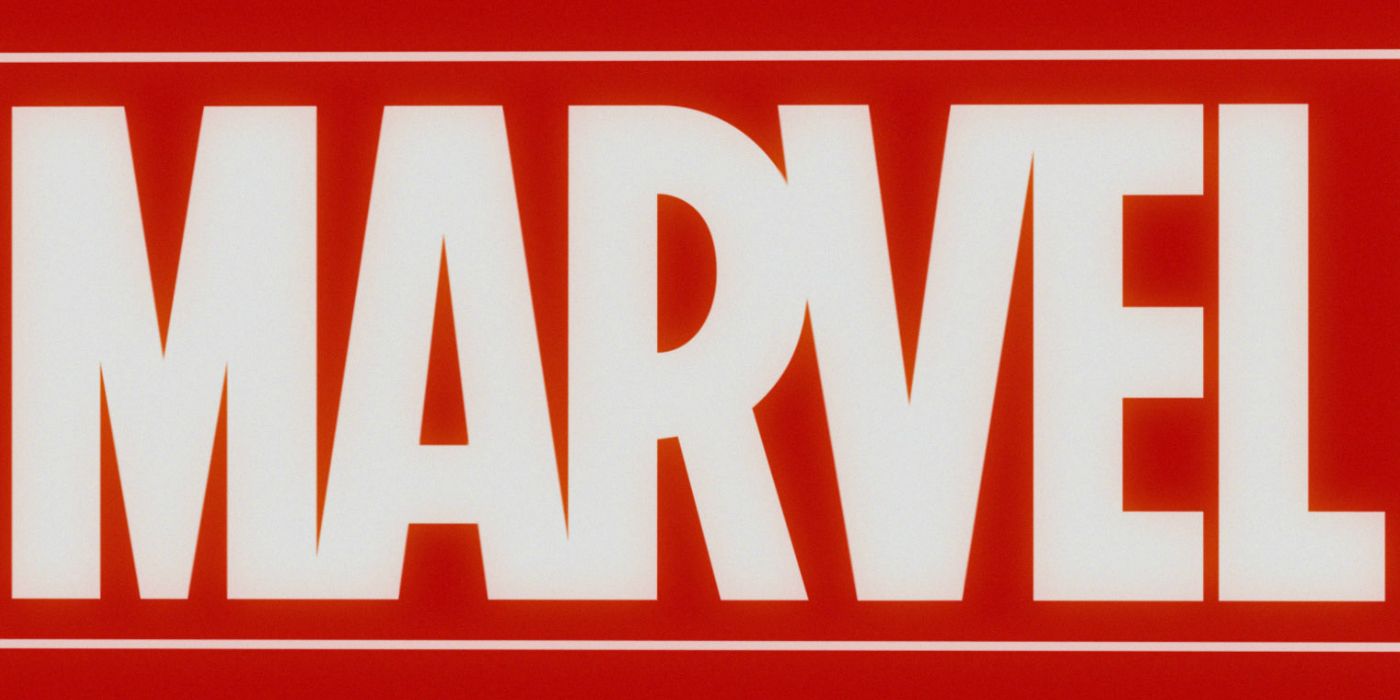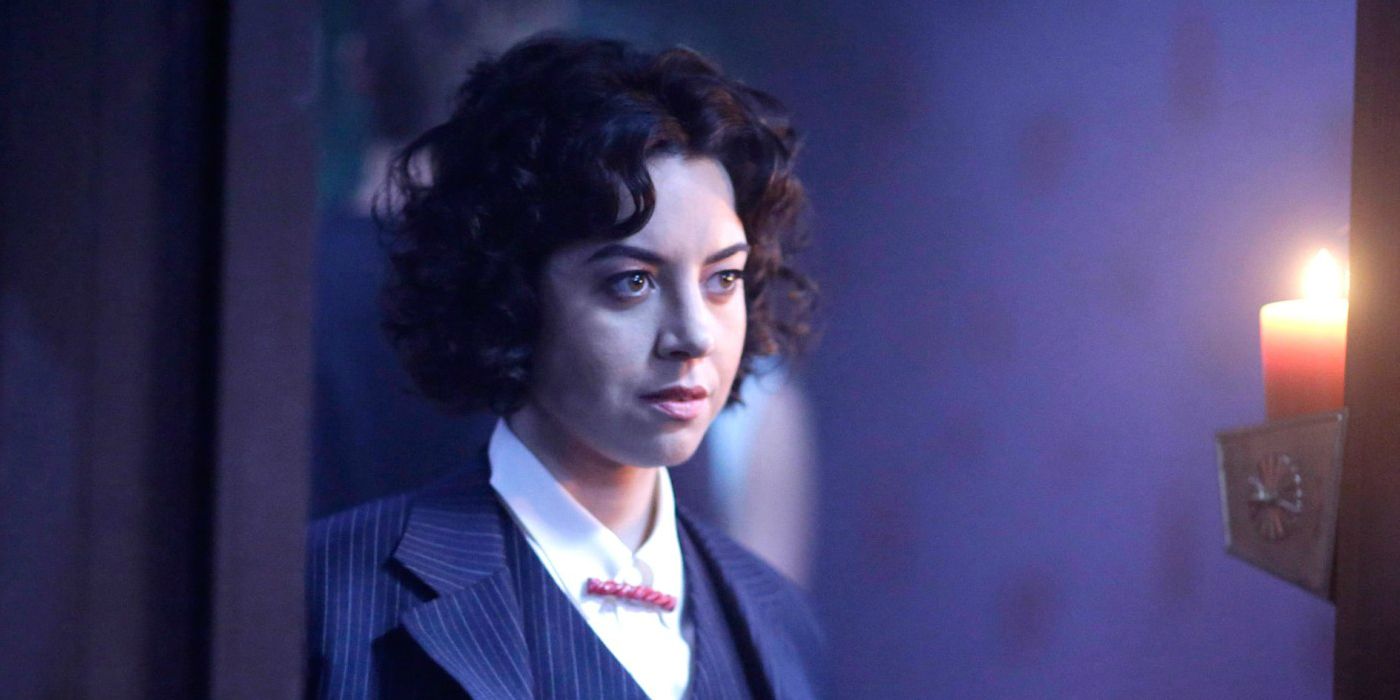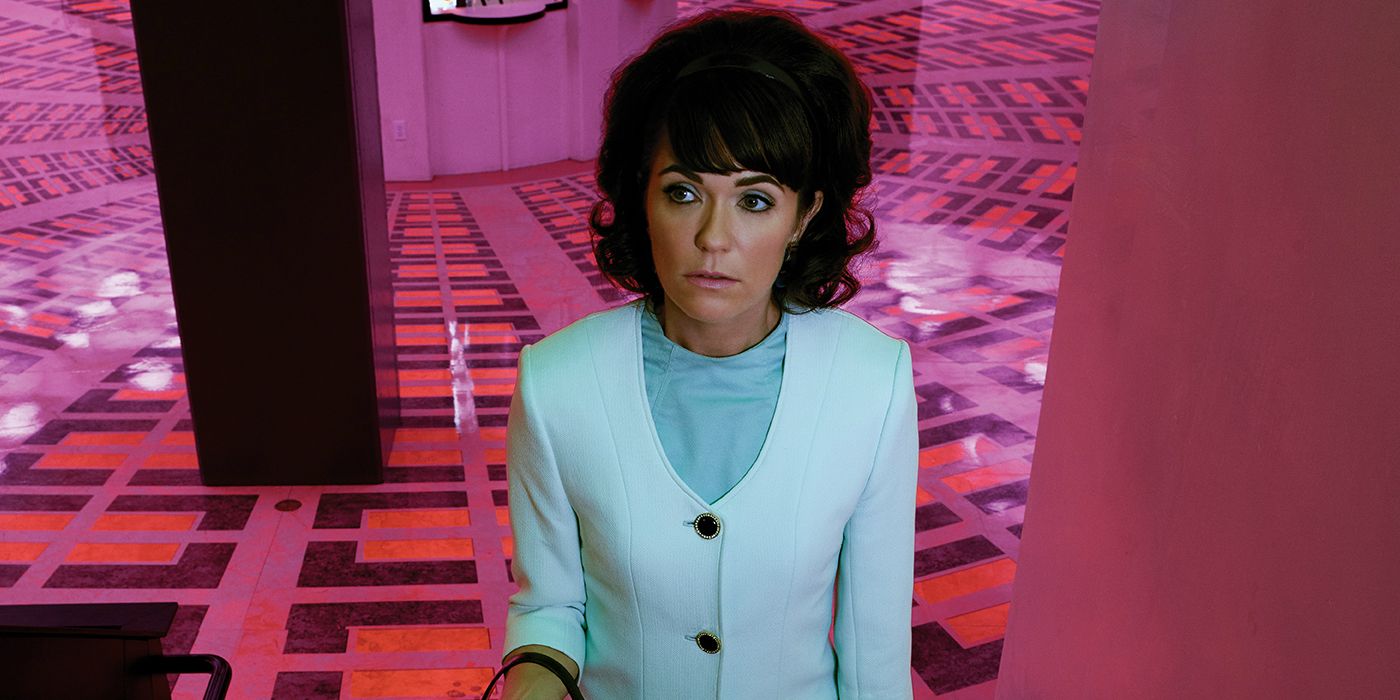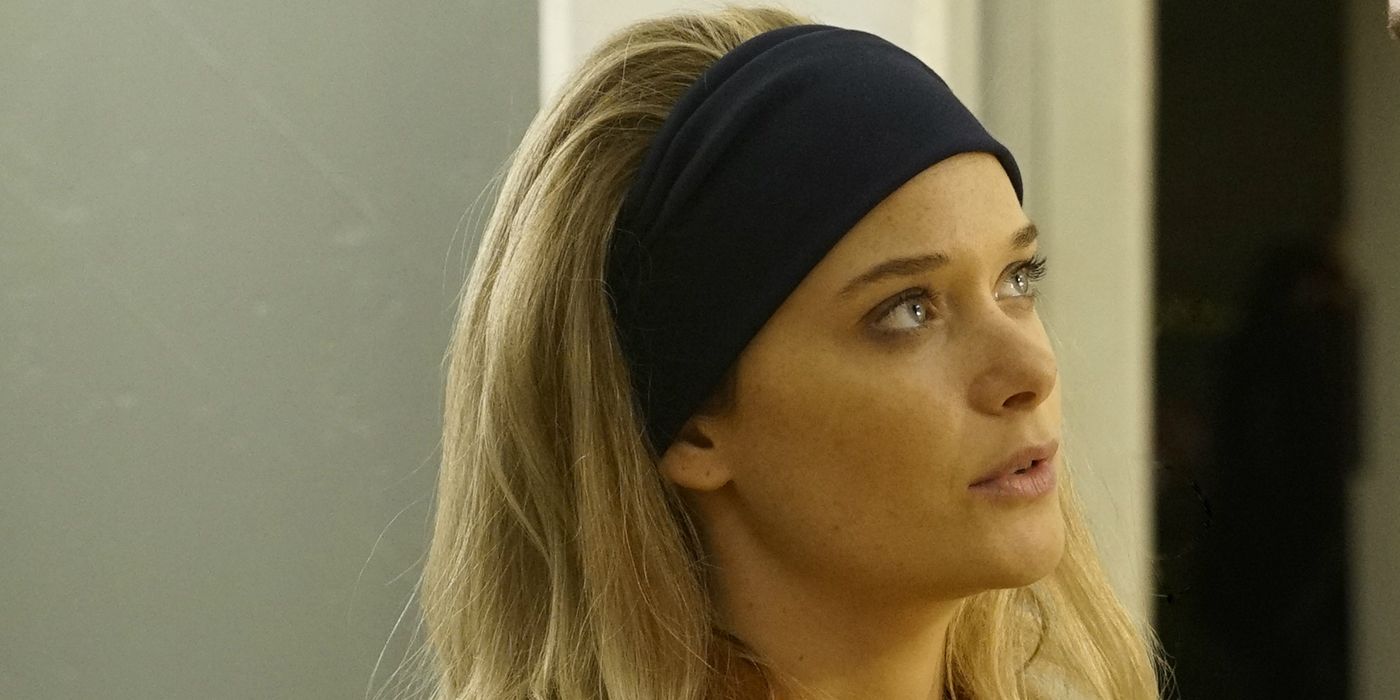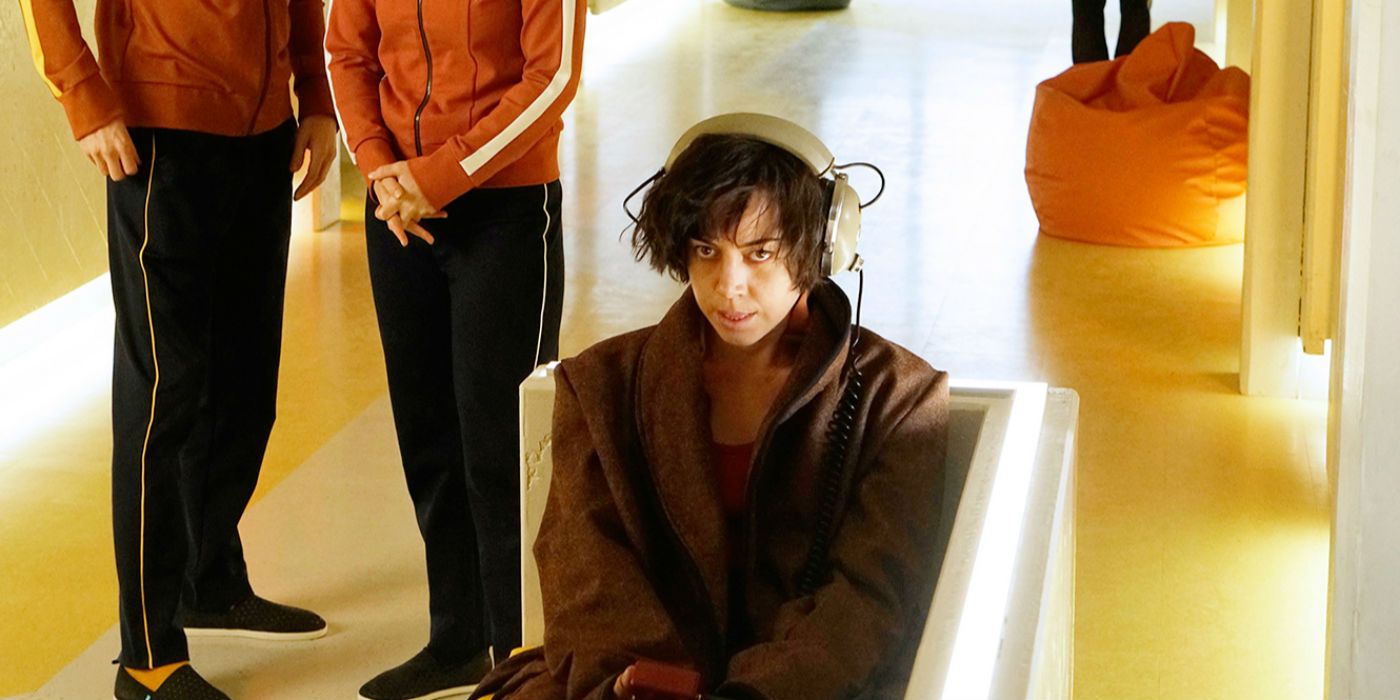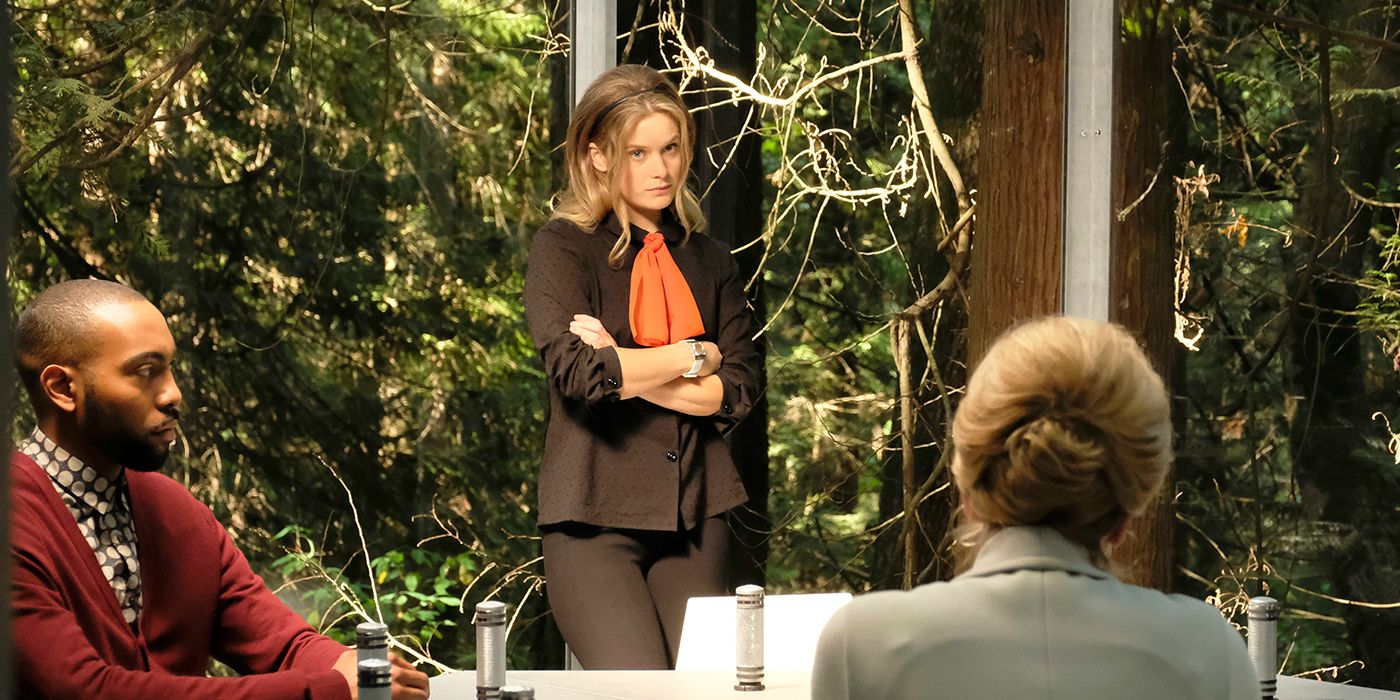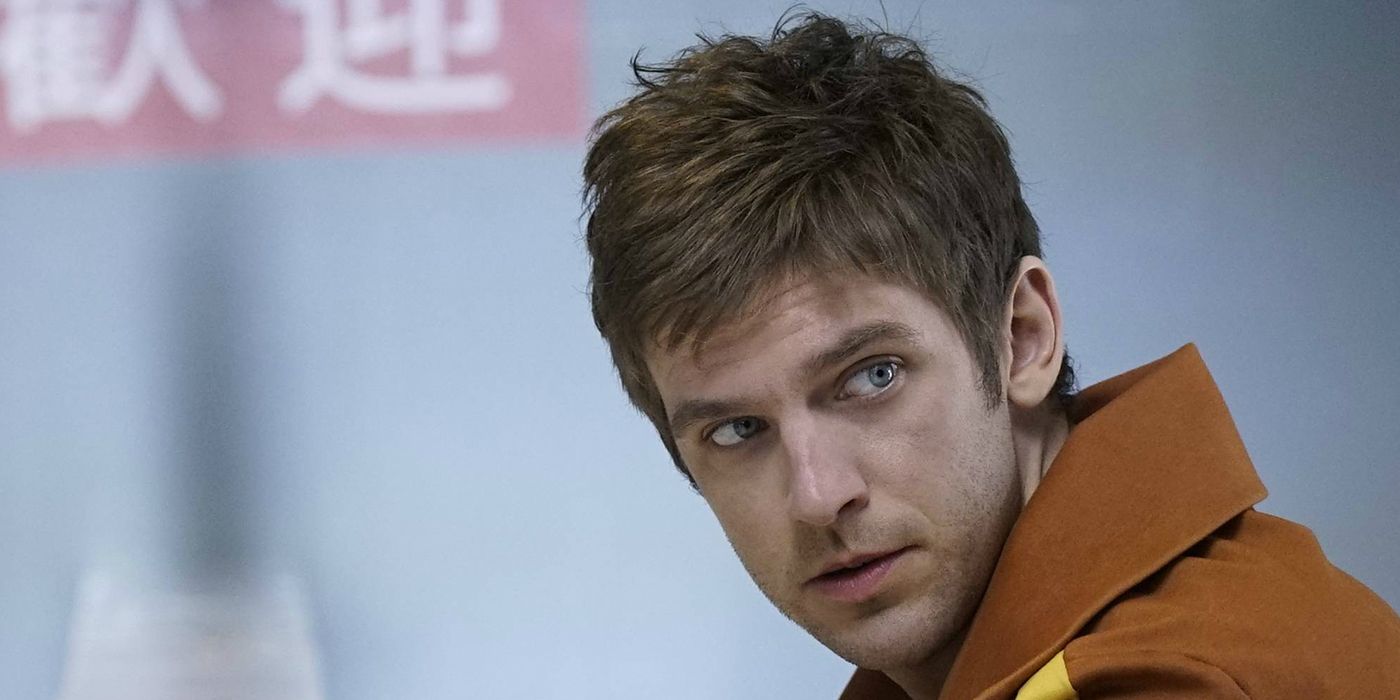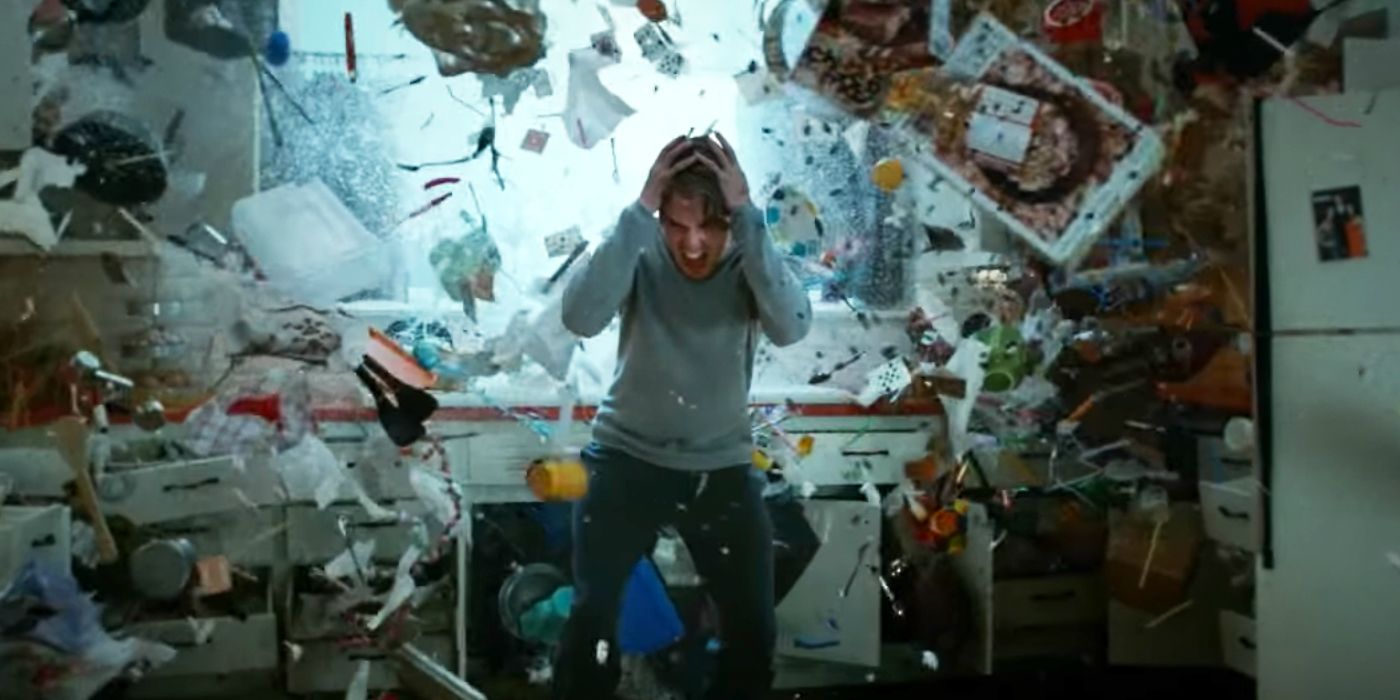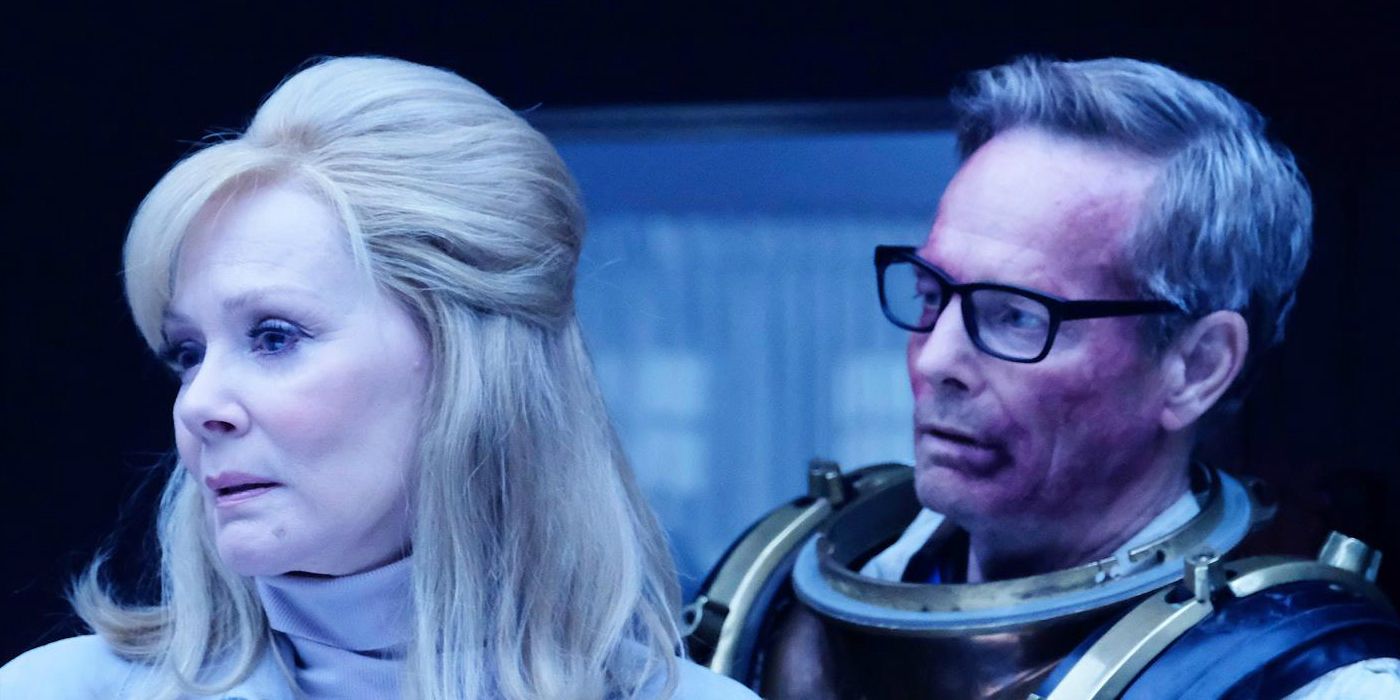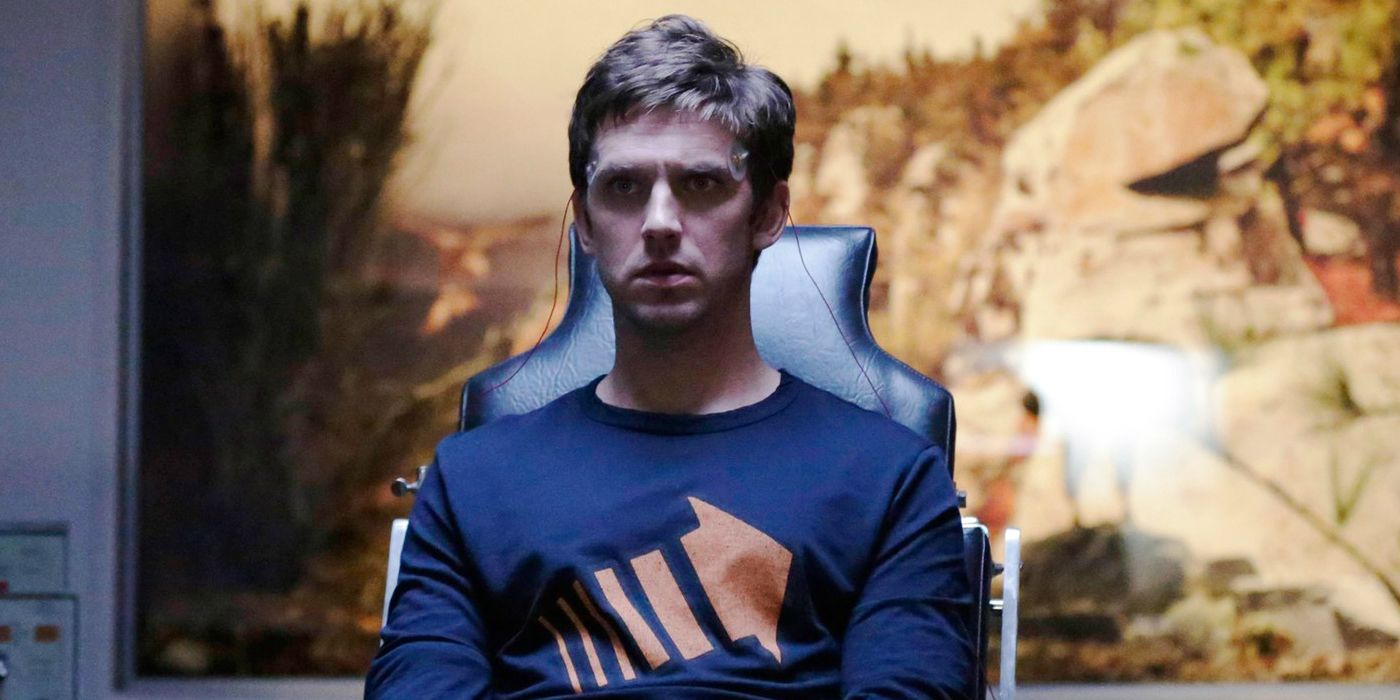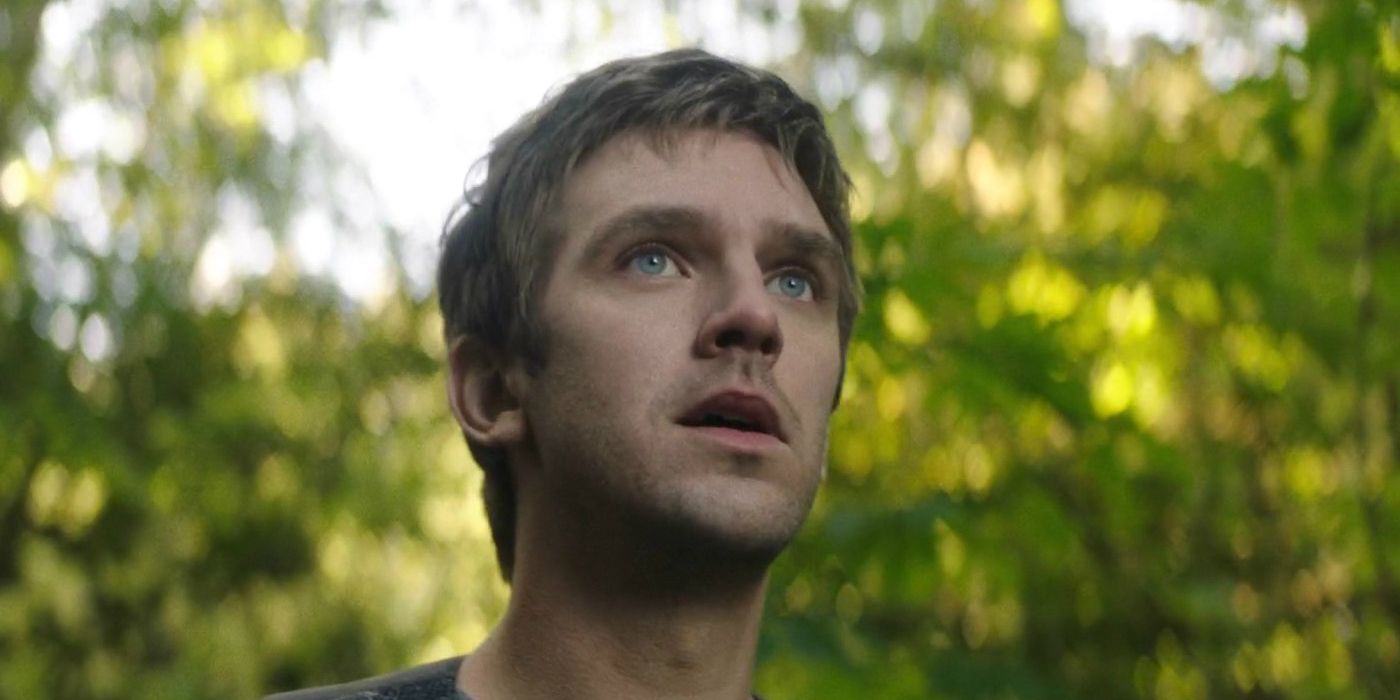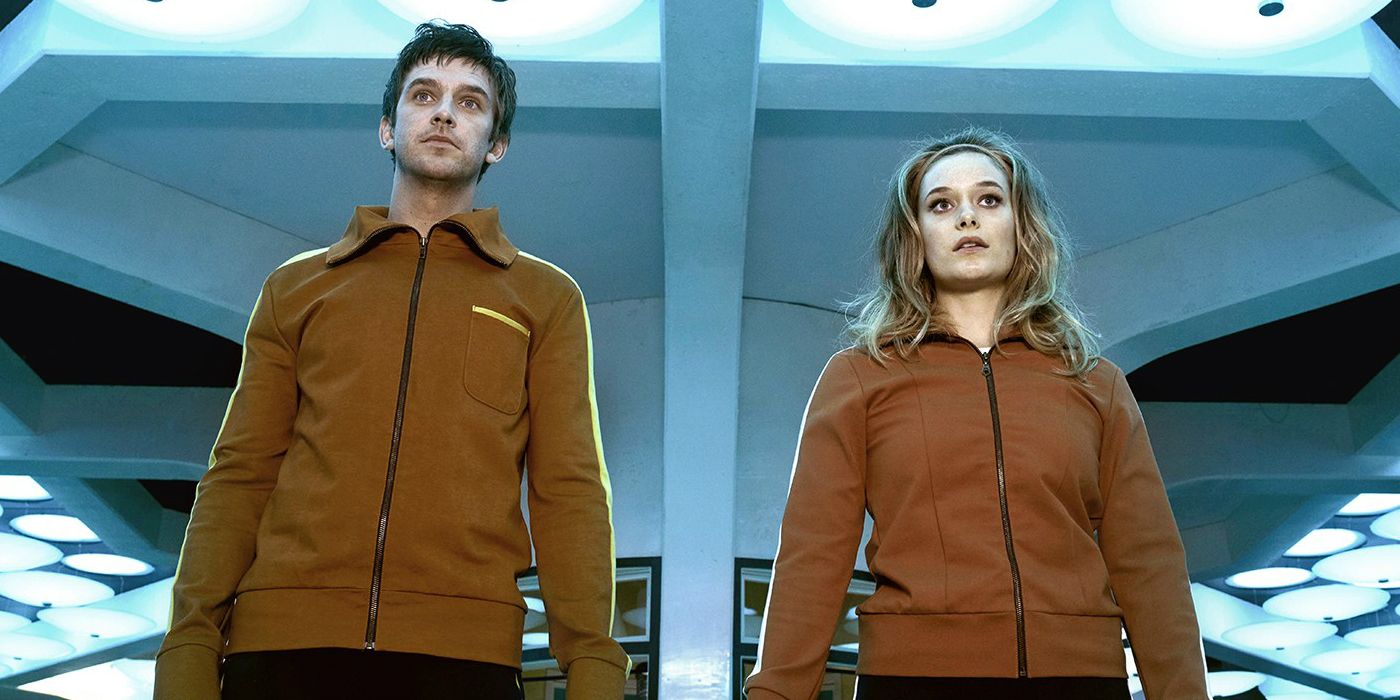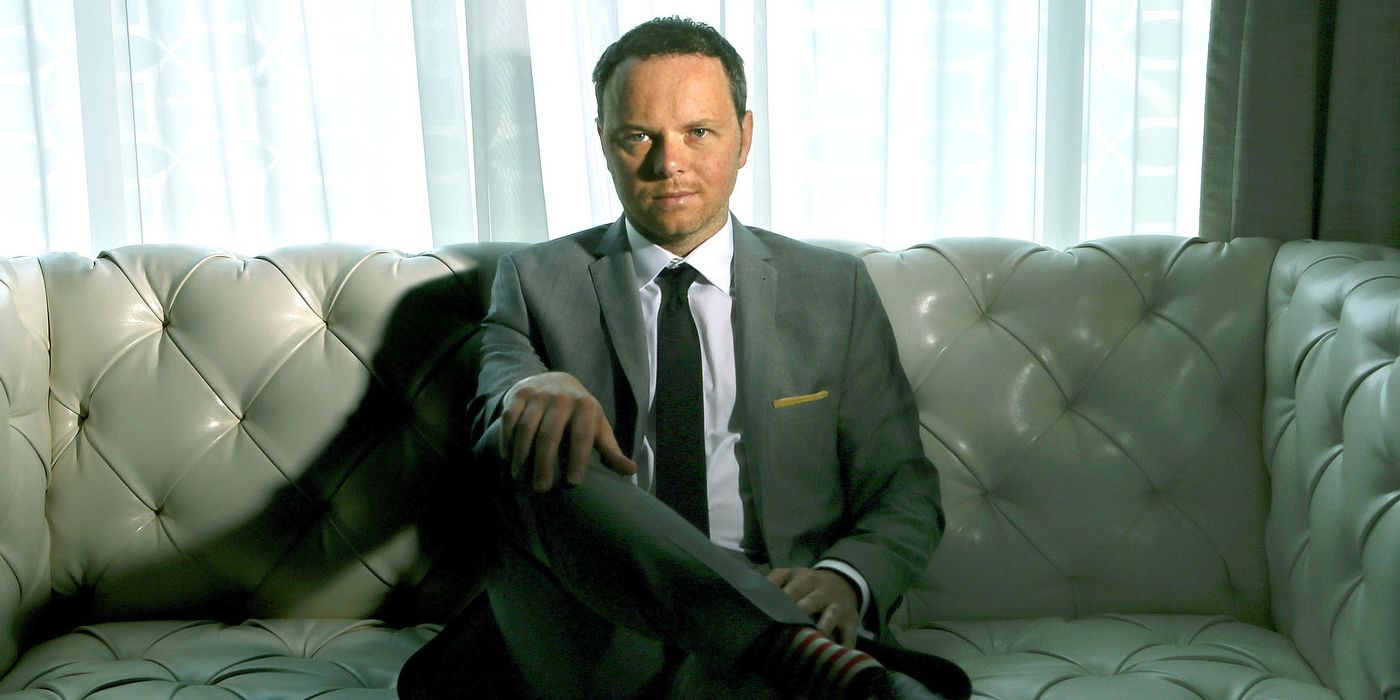The first season of FX's "Legion" has wrapped, and fans were left with more questions than answers. Nonetheless, "Legion" has proven that the X-Men property still has a few surprises left after over 15 years of feature films. The series has been critically acclaimed ever since the pilot, and only time will tell what kind of legacy it will leave.
RELATED: Legion: 15 Reasons It Is The Best Superhero TV Show
"Legion" is a Fox property, and therefore is a story completely separate from the Disney-owned Marvel Studios. The Marvel cinematic universe has continued to be box office gold, but that bubble looks like it might burst any day now. If Marvel wants to survive, they'd do well to learn from the show that is making comic books into high concept art. Here are 15 ways they can do that.
15 WHY IT MATTERS
Then the first question to answer is this: television is not the movies. Why would filmmakers pay attention to a show on basic cable? Well, Marvel should because they made the decision 10 years ago to structure their monster of a franchise after television. It's much more expensive, and spends a lot more time in pre- and post-production, but that's the structure they use. The "Phases" between Avenger movies are like seasons.
Each takes the time to introduce characters that become more pivotal to the story in later films, and each one builds on the conflicts of the previous films. Everything is connected -- something that used to only be seen on the small screen. There are competing schools of thought as to whether this makes for good art, but this method has certainly proved to be commercially successful. So, it stands to reason that the MCU can learn from the successes and mistakes of great television.
14 AN INTIMATE EVIL
The MCU could do with a lot less Bond villains and taking a cue from the Shadow King would be a perfect way to go. Played to perfection by Aubrey Plaza, Amahl Farouk kept terrifying and confusing audiences in equal measure. Global domination is probably in the cards eventually, but it doesn't seem to be in any kind of hurry, and honestly that's so much worse.
Marvel needs to learn that while Tom Hiddleston is great, you can only resurrect Loki and his plots so many times. The villain in "Captain America: Civil War" was almost completely incidental, despite his worldwide influence. Instead, switch it up with a villain who has the much more sinister goal of destroying something essential to the protagonist? The audience has loved these characters for years, so watching a villain pinpoint the worst way to hurt them is better than watching a ship crash into a city for the umpteenth time.
13 MORE FAMILY
With the exception of the aforementioned Loki, the Avengers seem to be made up entirely of only children, and ever since Quicksilver was axed, Scarlet Witch is an only child by default. This might be a coincidence, but allowing family members to be a present part of their reality would do a lot of good. Amy Haller isn't a big player in the overall plot of "Legion," but she plays an important role in grounding David in reality.
She is his one real support system, even if she doesn't do the best job. In a world that (often rightly) fears mutants, she proves mutants can have connections to all kinds of people, and they aren't the scary "other" they are often made out to be. Using this kind of character to ground MCU characters would be helpful, especially since they deal with such high-level threats. Sometimes they need reminders of what they are actually fighting to protect.
12 DIVERSE LOVE INTERESTS
Every love-interest in the MCU has followed a certain, Pepper Potts-style archetype: a capable career woman who works alongside her respective hero, is exasperated by him until his heroics/change of heart makes her fall in love with him. This can be seen in Peggy Carter ("Captain America"), Jane Foster ("Thor") and Christine Palmer ("Doctor Strange"). This is by no means a bad love story to tell, merely overused.
Sydney Barrett is a refreshing change of pace. It's unclear at this time exactly how she crossed paths with David, but they start and end their love story being absolutely fascinated with each other. They have a mutual respect for each other's capabilities, and this builds a sense of intimacy that's unparalleled in the MCU. This is absolutely something that can be built into a movie, but there's needs to be less time spent on a "Pride & Prejudice" dynamic between the two leads.
11 INTENTIONAL MUSIC
The soundtrack to "Legion" is a perfect compliment to its psychedelic aesthetic, going from '70s rock to classical movements to some of the tightest scores written for comics media. The sound is treated as a vital organ of it's storytelling rather than mere window-dressing, and it absolutely pays off in this show. The unfortunate thing is that Marvel doesn't have anything as memorable in their scores.
Music adds so many more dimensions to visual media like television and film, and gives so much more room for nuance than a comic book. Marvel needs to take advantage of this, and use those auditory details in order to improve the telling of the story they have on their hands. It can add dread, excitement or energy into each frame, and can completely change the dynamic of the film the audience is watching. So go find some great composers and get to working on something memorable.
10 DIVERSE CASTING
Calling for a more diverse cast in a major Hollywood blockbuster is, unfortunately, nothing new, but it bears repeating. The Avengers' lineup has been pretty masculine and pasty for a while now, and the recent controversies with "Doctor Strange" and "Iron Fist" haven't helped. "Legion," on the other hand, benefits from a wide range of people represented in their main cast. There's women at almost every stage of life, men and women of color, and an antagonist whose sexuality is a major way he gets humanized.
This makes the world seem much more real, and there's a positive identity character for everyone on the spectrum of personalities. This also contributes to the theme that all comic books have to varying degrees: vastly different people can bring their collective gifts together in order to fight for a greater cause. It might be world peace, safety or just the right to exist, and allow those people to look different makes that possible.
9 NO CGI FACES
Technology has come a long way, and it's great to see CGI on something as detailed and nuanced as the human face is getting more realistic. That being said, Hollywood needs to pump the brakes on aged-down CGI faces for another 10 years or so. There are so many better ways to depict a younger version of a character without resorting to weird, expensive, Uncanny Valley-style faces.
True, it's easier to age down a youthful Dan Stevens than somebody like Robert Downey Jr., who is Stevens' senior by around two decades. However, there are ways to get around that kind of thing. In a few years, the CGI of 2017 will look as hilariously dated as the CGI used in the "Star Wars" prequels, and these films have the potential to become the mainstays of the golden era of superhero movies. Keep the CGI for things like battle suits and amazing fight sequences, and avoid areas that the human eye will pick up the illusion quicker.
8 EMBRACE STYLISM
Comic books and movies/television have one big component in common: they are each primarily visual mediums. Furthermore, the way certain characters look and interact with each other varies from artist to artist. They may follow the same basic outline, but in the end they are still distinctive to that particular artist. So, why isn't this reciprocated in the MCU films when they are put together?
The genres may have begun to differ, but there isn't much unique anymore in the way the camera tells the story. Stylism seems like such a perfect complement to the flamboyant source material, and there doesn't seem to be a good reason to ignore it. It's not like 15 years ago when "X-Men" came out, and Fox needed to prove that a live-action movie could be critically acclaimed and sell to an audience other than comic-book readers. Marvel barely recognizes realism in its cinematic stories in the first place and the tone and style should reflect that.
7 MORE THAN PRIVILEGE
The conversation about implicit privilege in stories, where the whole point is giving certain people godlike abilities, is one that's difficult to have. However, Marvel tends to only tell stories about the people who are already given immense privilege, pile on more abilities through magic or technology, and then spend the rest of the story seeing how those people worry about how they use these added gifts. Usually, it goes something like: protagonist has immense riches, or opportunities to help their fellow man, but refuse out of selfishness. They lose those opportunities for about 20 minutes in the second act, but are given even more abilities than they had at the beginning of the first act. You can see this in every "Iron Man" movie, as well as "Doctor Strange."
"Legion," on the other hand, is distinctly interested in people who are marginalized by society in one way or another (in David's case, people are locked away because of severe mental illness). Making their stories about how they are given an opportunity to finally survive, and use it to save other people, is a much more interesting (and important) narrative to explore.
6 MORE MIND-BENDING
"Doctor Strange" is the most visually interesting MCU movie in the past five years or so, but it suffers because it still feels the need to ground its audience. No matter how many buildings you split apart, or how many cosmos you catapult DR. Strange through, you still have the experience of moving from point A to point B. The audience still needs to be able to see what's happening, of course, but the filmmakers need to know that the audience can handle something a little more advanced.
"Doctor Strange" is supposedly about sorcery, so that movie would be perfect time to experiment with the line between what is and isn't real. It doesn't and is worse off for it. "Legion" doesn't have this problem. There's a fan theory that nothing in that world is real, as well as several canonical moments where the narrative takes the chance that the audience doesn't always have to know exactly where they are. The MCU should follow this lead in order to make a more heady and thus satisfying twist.
5 MORE WOMEN OVER 40
Jean Smart is wonderfully graceful and poised as Melanie Bird, and the MCU would benefit greatly to add more seasoned actresses to their lineup. There hasn't been any significant issues with any of their leading ladies from film standpoint, but they do have a disturbing tendency to write their actresses out of the MCU once those actresses get into their 40s and 50s. For example, see the mysterious exits of Gwyneth Paltrow and Natalie Portman.
Marvel can't be expected to be taken seriously by female fans when the characters those fans love aren't even given the dignity of a goodbye scene. Fans probably won't ever know if that's a result of the actresses wanting out of their contracts, or the studio giving into chauvinistic tendencies. Nevertheless, hiring Jean Smart as a major character on "Legion" shows how older actresses can dramatically change the tenor and dynamics of the story you're trying to tell.
4 MENTAL ILLNESS MATTERS
There's no law anywhere that says mental illness has to be a part of any story. However, if you're going to make it a part of your story, treat it with the gravitas and weight it deserves. Mental illness, depending on severity, is a major thematic element of "Legion." David is constantly wondering whether he is sane, whether he is normal, and whether he is a danger to the people around him.
Compare this to a movie like "Iron Man 3," where Tony Stark is dealing with post traumatic stress disorder. He has panic attacks and paranoia, but Marvel seems to be under the impression that several psychiatric disorders make you a better and more efficient worker. A major plot point is that he's been making new and better Iron Man suits as a direct result of his illness. Not only is this a gross misrepresentation of a condition that prevents thousands from functioning normally, but it virtually disappears from the character by the time "Avengers: Age of Ultron" came around. Treat mental illness as a life-changing event and you can have a better story.
3 COLORS EXIST: USE THEM
Look, there's no nice way to say this: MCU movies look like they were filmed through a lens of wet concrete. Every scene that's shot outside is full of dull colors and muddy greys, and unless characters are stuck in a dark room under fluorescents, the scenes inside don't look any better. Marvel Studios has apparently used the same color grading on every single film since they switched to digital filmmaking, and this is a big problem.
The shots they use don't have much depth or contrast because there's no proper black value. These are movies based on comic books, a medium that literally employs at very least three different people (a penciler, inker and colorist) to make their art in order to make those colors pop. "Legion" looks as great as it does because it makes full use of its bright colors and dark contrasts, and use it as a way to tell the story. The result is mind-blowing, and Marvel Studios has way better resources to pull this off.
2 EXPERIMENT WITH STRUCTURE
Believe it or not, there's actually way more types of stories than the ones Marvel is used to making. "Legion" is structured more like "The Odyssey," using the structure of "in media res," or starting in the middle of the story and moving forward, while also learning what happened before. David Haller is re-learning his past as he moves into the future. There are more ways to tell a story than trying to get the protagonist from point A to point B. You can have detours and loop-de-loops so long as there are character-driven reasons for being there.
Experimenting with structure this way will allow the writers to keep the audience in the dark longer, hide twists better and then get to the kind of satisfying pay-off Marvel hasn't accomplished since "Captain America: Winter Soldier." Then, even that twist was spoiled for audience members who saw the "Agents of S.H.I.E.L.D." episode first. Avoiding this kind of gaffe will be much more satisfying for the audience.
1 SUPPORT LOCAL ARTISTS
If Disney has proven anything in its long and storied history, it's that it is terrified of deviating from a successful formula. Homogeneity has been very good to the company's profit margins, but the strain is starting to show. There needs to be more of an effort to have each film offer something different in order to keep up the MCU's success.
Noah Hawley has proven it can work with "Legion." He brought the serialized version of "Fargo" to life, and is all about unexpected twists and tight writing. He has a kind of obsessive control over every shot, and is very careful to make sure that every time the audience thinks they have a footing, he throws them off. Every Marvel movie doesn't need to have the kind of arthouse aesthetic Noah Hawley has. Nevertheless, hiring distinctive directors who are artists in their own right will allow Marvel to continue critical and financial success.
What else can the MCU learn from shows like Legion? Share your thoughts in the comments!

